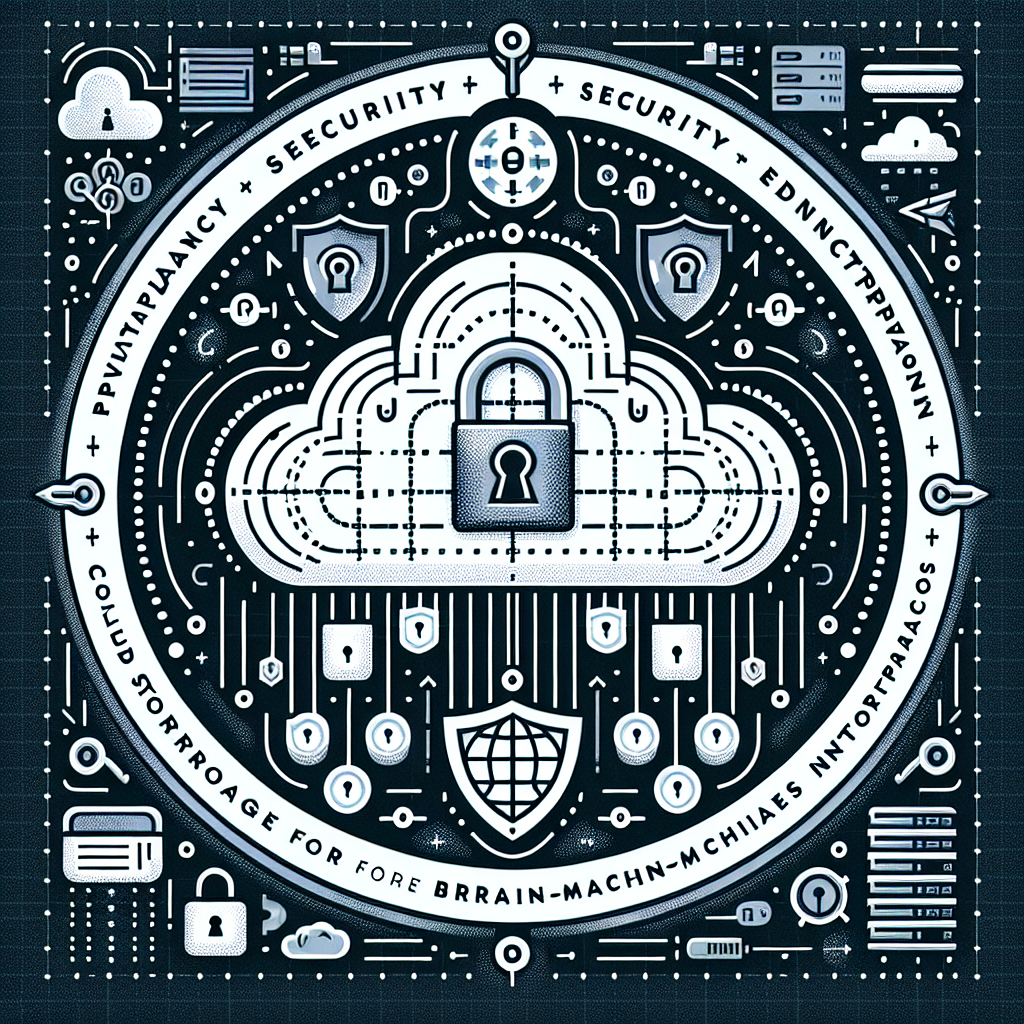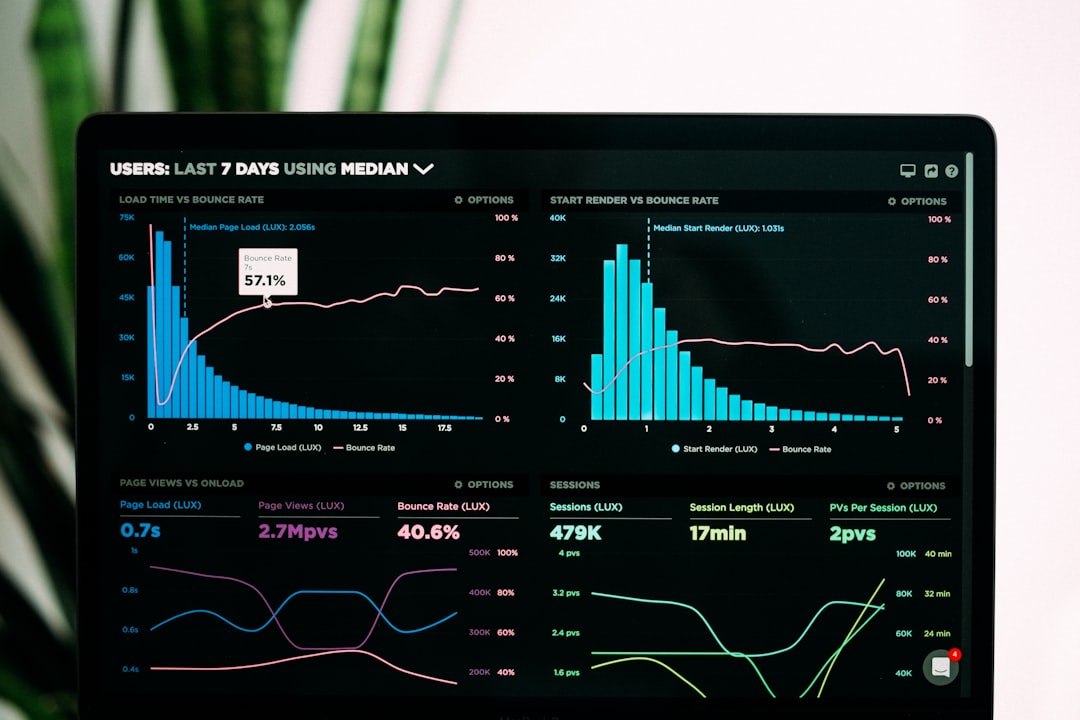Unlock encrypted content
Please enter your SSCE key to initiate on-the-fly decryption.
Decryption key: (Click cancel if you don't have the key)
Copied link to clipboard.
This feature is unavailable for free accounts. Upgrade now and enjoy all Premium benefits.
Go Premium!
This feature is unavailable for free accounts. Upgrade now and enjoy all Premium benefits.
Go Premium!
Please open this page in browser ( Google Chrome or Safari ) to use this feature.
Open In Browser
The Future of Healthcare: Internet of Medical Things (IoMT) and Cognitive Computing.
Random related video for this blog.
Copied share link to clipboard.
The Internet of Medical Things (IoMT) is a rapidly growing field that combines medical devices and applications with internet-connected devices and networks. By integrating IoMT with cognitive computing, healthcare providers can improve patient outcomes, reduce costs, and enhance efficiency. In this article, we will explore how IoMT and cognitive computing are transforming healthcare, and how efficient file management systems and genetic algorithms can improve patient care.
Internet of Medical Things (IoMT)
The IoMT is a network of medical devices and applications that are connected to the internet. These devices collect and transmit patient data in real-time, allowing healthcare providers to monitor patients remotely and provide timely interventions. For example, wearable devices can monitor vital signs, such as heart rate and blood pressure, and alert healthcare providers if there are any abnormalities. IoMT can also be used to track medication adherence, monitor chronic conditions, and provide telemedicine services.
One of the key benefits of IoMT is that it can improve patient outcomes by providing real-time data that allows healthcare providers to make timely interventions. For example, if a patient's vital signs indicate that they are at risk of a heart attack, healthcare providers can intervene before the event occurs. IoMT can also help reduce healthcare costs by reducing the need for hospital admissions and emergency room visits.
However, with the increasing amount of patient data being generated by IoMT, it is essential to have an efficient file management system that can store, manage, and analyze this data securely.
Cognitive Computing
Cognitive computing is a subset of artificial intelligence that uses machine learning algorithms to simulate human thought processes. By combining cognitive computing with IoMT, healthcare providers can analyze large amounts of patient data to identify patterns and make more accurate diagnoses.
For example, cognitive computing can be used to analyze patient data to identify patients who are at high risk of developing chronic conditions, such as diabetes or heart disease. Healthcare providers can then intervene early to prevent the development of these conditions.
Cognitive computing can also improve patient outcomes by providing personalized treatment plans based on patient data. For example, if a patient has a genetic predisposition to a certain condition, such as breast cancer, cognitive computing can analyze their genetic data to identify the best treatment plan for that patient.
Efficient File Management Systems and Genetic Algorithms
Efficient file management systems are essential for managing the large amounts of patient data generated by IoMT and cognitive computing. FileLu cloud storage offers secure and efficient file management systems that are ideal for storing and managing medical data. FileLu also offers encryption file sharing, ensuring that patient data remains secure and confidential.
Genetic algorithms can also be used to analyze patient data and identify patterns that can help healthcare providers make more accurate diagnoses. For example, genetic algorithms can be used to analyze patient data to identify patients who are at high risk of developing certain conditions, such as heart disease or cancer. Healthcare providers can then intervene early to prevent the development of these conditions.
In conclusion, the combination of IoMT and cognitive computing has the potential to transform healthcare by improving patient outcomes, reducing costs, and enhancing efficiency. Efficient file management systems and genetic algorithms are essential for managing the large amounts of patient data generated by these technologies. FileLu cloud storage offers secure and efficient file management systems that are ideal for storing and managing medical data. By embracing these technologies, healthcare providers can provide better care to their patients and improve overall health outcomes.
FileLu offers Premium plans ranging from 256 GB to 500 TB at price as low as $2.50 per month, and free plans from 10 GB to 250 GB. FileLu offers large file transfer capabilities, allowing users to send files up to 250 GB in size.
By Amelia Isabella.
Email: [email protected]
Related
Advanced Uploading Tools and Encryption Algorithms for Secure File Management.
June 3, 2023
Read More
Scalable Storage and Cloud Security: Real-time Collaboration and Secure Data...
June 3, 2023
Read More
The Future of Document Storage: Cognitive Computing and Biometric Authentication.
June 3, 2023
Read More
Cloud Computing: Empowering High-Speed File Downloads and Online Collaboration.
June 3, 2023
Read More
Popular
Revolutionizing Data Management: Innovations in Storage, Security, and Sustainable Technology.
September 24, 2025
Read More
Exploring the Future of Data Management: Security, Efficiency, and Cognitive...
September 28, 2025
Read More
The Future of Data Storage: Exploring Advanced Encryption, Mobile Integration,...
October 5, 2025
Read More
Emerging Technologies: Exploring the Impact of File Access Auditing, Genetic...
October 19, 2025
Read More
Latest
Emerging Technologies: Exploring the Impact of File Access Auditing, Genetic...
October 19, 2025
Read More
The Future of Data Storage: Exploring Advanced Encryption, Mobile Integration,...
October 5, 2025
Read More
Exploring the Future of Data Management: Security, Efficiency, and Cognitive...
September 28, 2025
Read More
Revolutionizing Data Management: Innovations in Storage, Security, and Sustainable Technology.
September 24, 2025
Read More
The Future of Technology: Data Privacy, Self-Driving Cars, and Hybrid...
September 21, 2025
Read More
The Future of Cloud Storage: Innovations in Scalable Storage, Synchronization,...
September 10, 2025
Read More
The Future of File Storage: Exploring Cryonics, Transhumanism, and Advanced...
September 7, 2025
Read More
Innovations in Cloud Storage and Data Management: Navigating the Future...
September 3, 2025
Read More
The Future of Technology: Integrating Virtual Reality, Autonomous Driving, and...
August 27, 2025
Read More
The Future of File Management: Innovations in Data Sovereignty, Security,...
August 24, 2025
Read More
The Future of Data Management: Exploring Innovations in Robotics, Genetic...
August 20, 2025
Read More
The Future of Data Management: Exploring Efficient Technologies in File...
August 13, 2025
Read More
























